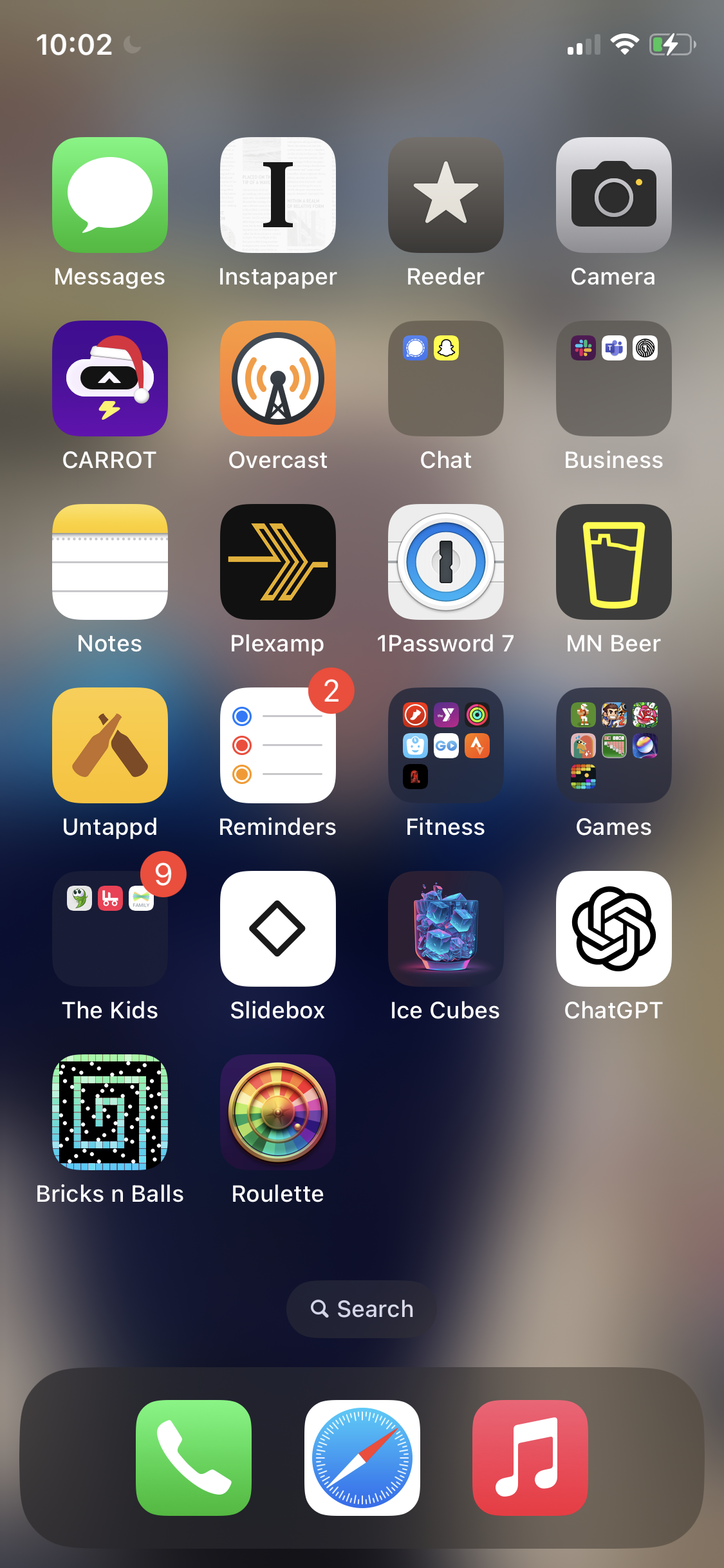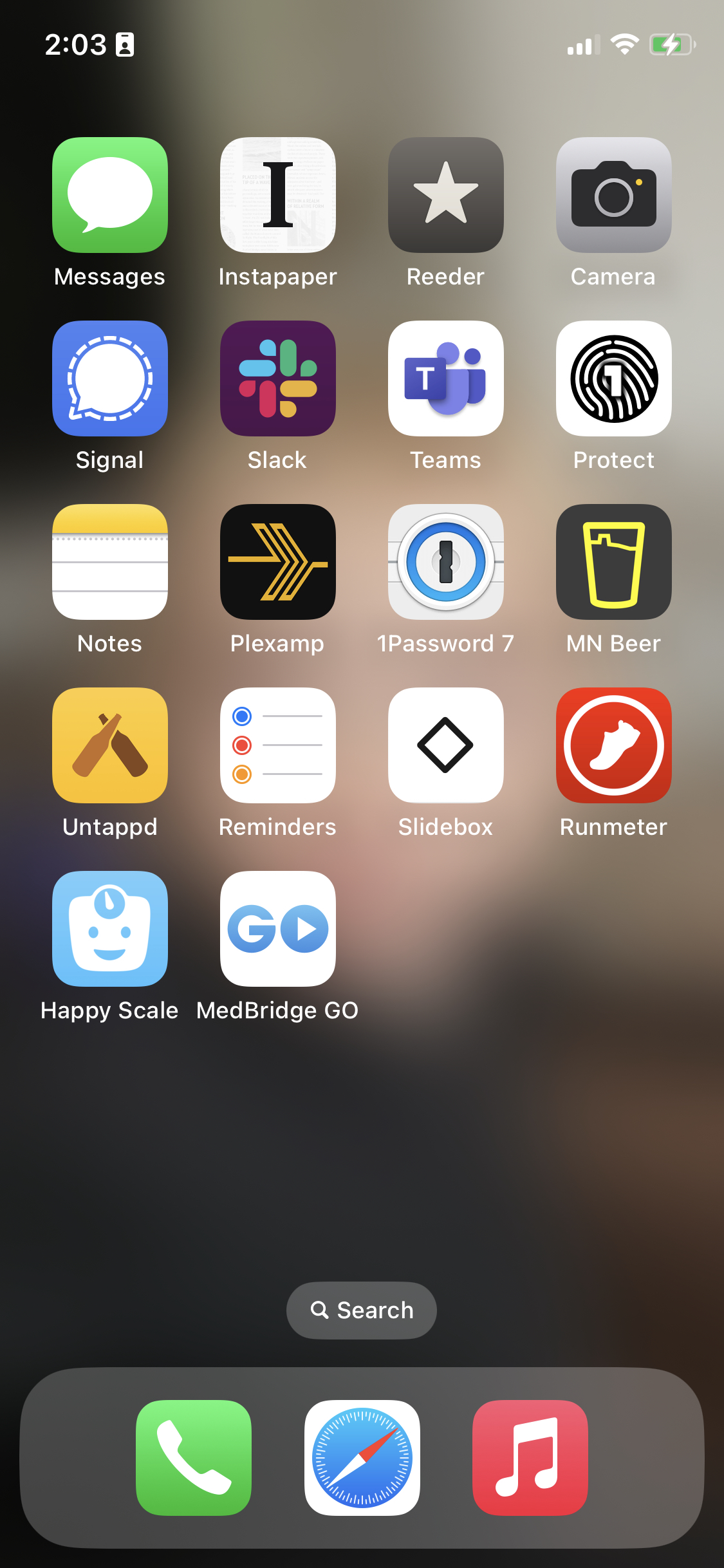Imagine it’s 1990, and you’re building a big industrial machine of one kind or another. You design it to last 50 years and you’d want to use the best technology available. At the time this was a 3.5-inch floppy disk.
Take the airline industry for example. Probably half of the air fleet in the world today is more than 20 years old and still uses floppy disks in some of the avionics. That’s a huge consumer.
There’s also medical equipment, which requires floppy disks to get the information in and out of medical devices.
The biggest customer of all is probably the embroidery business though. Thousands and thousands of machines that use floppy disks were made for this, and they still use these.
There are even some industrial companies that still use Sony Mavica cameras to take photographs.
I found some floppy disks at my parents house a few years back and was able to get nearly all the data off of them.
One included photographs taken by a Sony Mavica.
This whole article made me appreciate the impermanence of our digital lives, and is also making me consider getting some photo books printed.
Continue to the full article
→
I anticipated navigating other challenges, like how to deal with the cognitive dissonance of working for big tech. Could someone who worked for big tech use a flip phone? Yet I liked the idea, argued by Hari, Williams, and Newport, that we need to be aware of technology’s designs and ensure that tech is working for us rather than against us. I didn’t want to throw the baby out with the bathwater when it comes to technical innovations, but I grew increasingly skeptical that my smartphone was working for me.
This whole article combines many disparate sources (like Cal Newport's Digital Minimalism and Rolf Dobelli's Stop Reading the News) into a cohesive manifesto for why we should stand up and reclaim our collective attention spans.
It actually motivated me to take some action.
Last night, I went through every app on my phone and deleted the ones I no longer use. I wasn't too picky though; if I had even a slight inkling that I might need it in the future, I kept it.
I went from 314 apps to 133.
133 still seems like too much to me, but just imagine the cognitive and infrastructural burden that 181 apps was inflicting on me and my phone!
All that wasted bandwidth to download updates.
All those wasted notifications attempting to get me to come back in.
My home screen went from this:

to this:

It's step one of being intentional with my technology, which is subsequently the first step towards getting my attention back.
Comparing these two screen shots is making me excited to make more cuts. Some of these apps will go away after we wrap up with a client project in the next couple weeks (like Teams and Protect) or when I finish up physical therapy (like Medbridge Go).
Others (like Untappd or MN Beer) are ones that don't really need a front page billing all the time in my life.
More cuts to come in the weeks ahead, to be sure!
Continue to the full article
→
In all the texts, emails, and Slack messages I’ve sent in my life, I can’t begin to count how many times I’ve apologized for my delay. But looking back, I can say that only once did I truly mean it: I was a full four months late in responding to a long and thoughtful email I had received from a reader. But here in this public forum, I would like to retract all of my other previous apologies. I am not sorry for my delay, and I don’t expect you to be either.
I’ve been getting better about not apologizing for delays in my messages, but after reading this post (and especially after reading the last paragraph I shared above), I’m going to stop apologizing for delays altogether.
Continue to the full article
→
A historical change has taken place, and I've now realized it. Stuff used to be valuable, and now it's not.
After moving a half dozen times in the past couple years, I believe I've gotten better at not accumulating stuff. My biggest issue is getting rid of digital "stuff" (e.g. music I'll get around to hearing, full-res photos of dumb things I've done that I might use some day).
Continue to the full article
→


